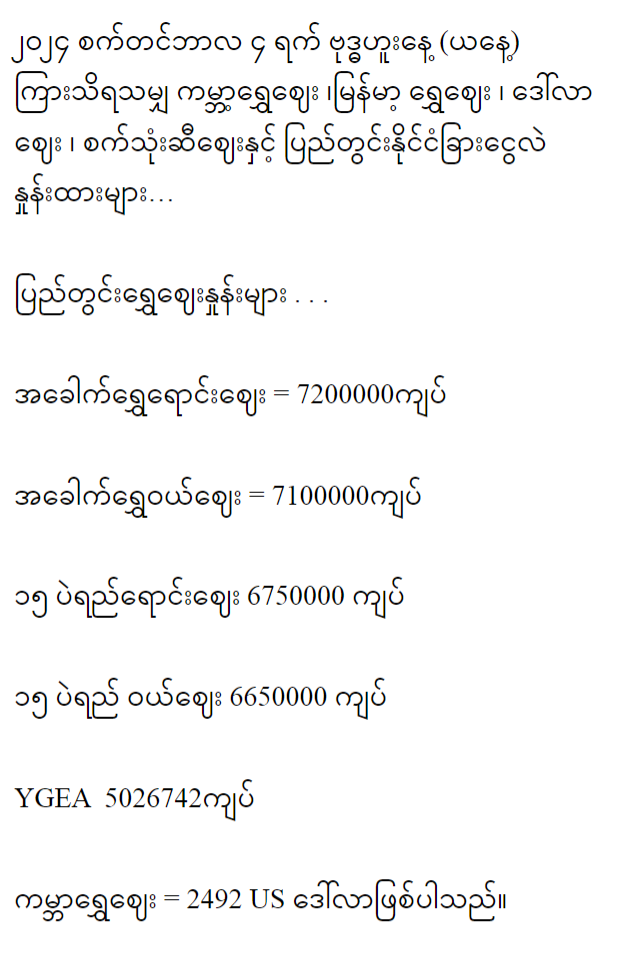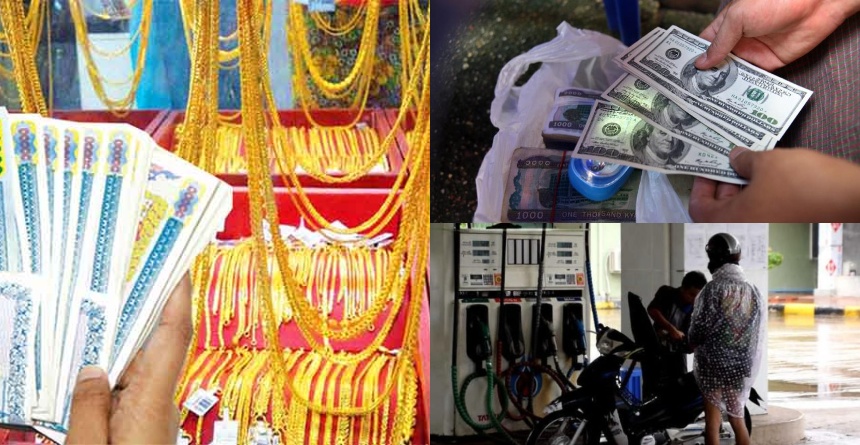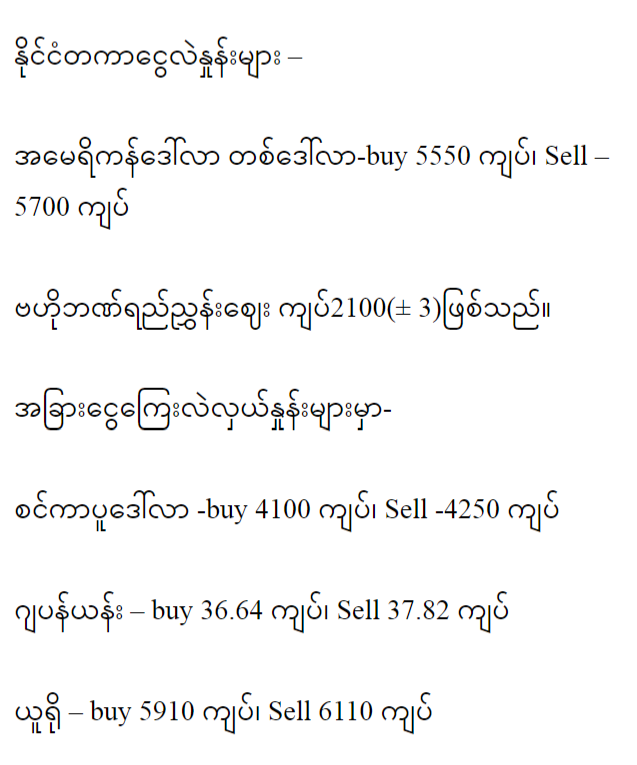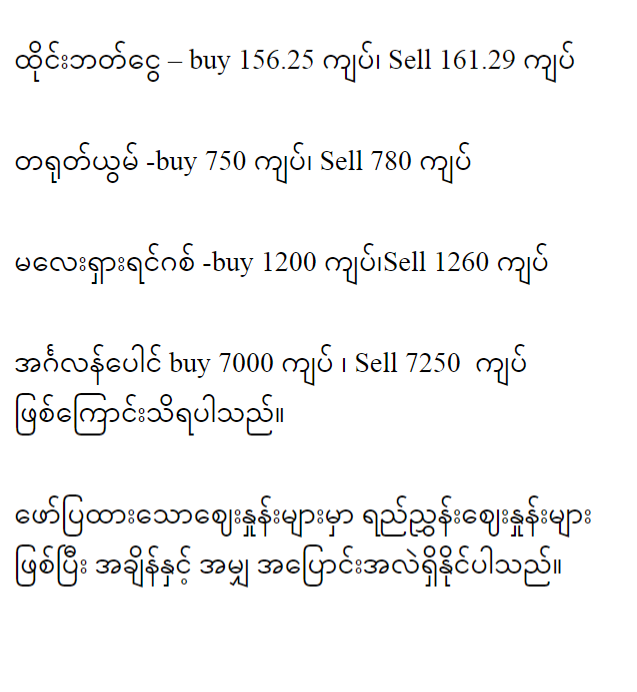





Force chain operation is a complex, multifaceted process involving the collaboration of multitudinous realities, from suppliers and manufacturers to distributors and retailers. Traditionally, managing these force chains has been fraught with challenges similar as inefficiencies, lack of translucency, and vulnerability to fraud. still, blockchain technology is poised to revise force chain operation by furnishing unknown situations of translucency, security, and effectiveness. In this blog post, we’ll explore how blockchain is transubstantiating force chains across colorful diligence and what this means for the future of global commerce.
Understanding Blockchain in Supply Chain Management
Blockchain is a decentralized, distributed tally technology that records deals across a network of computers. Each sale is stored in a block, which is also linked to former blocks, forming a chain. This chain is inflexible, meaning formerly data is recorded, it can not be altered or deleted. Blockchain’s translucency, security, and decentralization make it an ideal result for force chain operation.
In a force chain environment, blockchain can be used to record every sale or movement of goods across the force chain. This could include the origin of raw accoutrements , manufacturing processes, payload details, and final delivery to the consumer. Every party in the force chain, from suppliers to retailers, can pierce the same information, icing that everyone has a harmonious, up- to- date view of the force chain’s status.
Crucial Benefits of Blockchain in Supply Chain Management
Enhanced translucency and Traceability
One of the most significant advantages of blockchain in force chain operation is its capability to give end- to- end translucency. Every sale or movement of goods is recorded on the blockchain, creating an inflexible and transparent record that all actors can pierce. This translucency ensures that stakeholders have real- time visibility into the force chain, reducing the chances of fraud and enabling hastily identification of inefficiencies or issues.
For illustration, in the food assiduity, blockchain can be used to trace the trip of a product from ranch to table.However, blockchain allows for the rapid-fire dogging of the affected batch to its source, enabling briskly recalls and reducing the threat to consumers, If a impurity issue arises.
Improved Security and Trust
Blockchain’s decentralized and inflexible nature makes it largely secure. Because every sale is recorded across a distributed network and can not be altered formerly verified, blockchain reduces the threat of data tampering or fraud. This security point is particularly precious in diligence where the authenticity of goods is critical, similar as medicinals, luxury goods, and electronics.
By furnishing a tamper- evidence record of every sale, blockchain builds trust among force chain actors. For illustration, a retailer can be confident that the products they admit are authentic and have n’t been tampered with during conveyance. also, consumers can trust that the goods they buy are genuine and immorally sourced.
Streamlined Processes and Reduced Costs
Blockchain technology can significantly streamline force chain processes by automating numerous of the homemade tasks involved in shadowing and vindicating goods. Smart contracts, which are tone- executing contracts with the terms of the agreement written into law, can be used to automate deals, payments, and other processes in the force chain. This robotization reduces the need for interposers, similar as banks and brokers, leading to cost savings and faster processing times.
For case, when goods are packed , a smart contract could automatically spark payment to the supplier once the goods are vindicated as delivered. This reduces the need for homemade invoicing and payment processing, speeding up deals and reducing the threat of crimes.
Lesser effectiveness and Collaboration
Blockchain enhances collaboration among force chain actors by furnishing a single, participated source of verity. All stakeholders, from suppliers to guests, can pierce the same data, reducing the chances of disagreement and miscommunication. This participated visibility fosters better collaboration and cooperation, leading to more effective force chain operations.
In addition, blockchain can help reduce the reliance on paper- grounded attestation, which is frequently slow, prone to crimes, and delicate to track. Digital records stored on the blockchain are fluently accessible, empirical , and can be streamlined in real time, further perfecting effectiveness.
Ethical and Sustainable Sourcing
Consumers moment are decreasingly concerned about the ethical and environmental impact of the products they buy. Blockchain can play a pivotal part in promoting ethical and sustainable sourcing by furnishing a transparent record of a product’s trip through the force chain.
For illustration, a fashion brand can use blockchain to corroborate that its raw accoutrements , similar as cotton or leather, are sourced from suppliers that cleave to ethical labor practices and environmental norms. This information can be participated with consumers, furnishing them with lesser confidence in the brand and its products.
Real- World operations of Blockchain in Supply Chain Management
Food and Agriculture
The food assiduity is one of the most prominent adopters of blockchain technology for force chain operation. Companies like Walmart and Nestlé are using blockchain to track the origin and trip of food products from ranch to table. By surveying a QR law on a product, consumers can pierce detailed information about its origin, the husbandry practices used, and its trip through the force chain.
Blockchain is also helping to reduce food waste and ameliorate food safety. In the event of a foodborne illness outbreak, blockchain allows for the rapid-fire dogging of the affected batch, enabling briskly recalls and reducing the spread of impurity.
Medicinals
The pharmaceutical assiduity faces significant challenges in combating fake medicines and icing the safety of the force chain. Blockchain technology provides a secure and transparent way to track the trip of medicines from manufacturers to consumers. Companies like Pfizer and Merck are exploring blockchain results to insure the authenticity of their products and to misbehave with nonsupervisory conditions.
By furnishing an inflexible record of every sale, blockchain helps help the preface of fake medicines into the force chain, guarding both cases and the character of pharmaceutical companies.
Luxury Goods
The luxury goods assiduity is also espousing blockchain to combat counterfeiting and corroborate the authenticity of high- value products. Companies like LVMH and De Beers are using blockchain to produce digital instruments of authenticity that are linked to each product. These instruments can be transferred with the product, furnishing buyers with confidence in the point’s provenance and authenticity.
Blockchain also enables the shadowing of the entire lifecycle of luxury goods, from raw accoutrements to final products, promoting translucency and sustainability in the assiduity.
Automotive Industry
In the automotive assiduity, blockchain is being used to ameliorate the traceability of corridor and accoutrements throughout the force chain. This is particularly important for icing the quality and safety of vehicles, as well as for managing recalls.
For illustration, BMW is using blockchain to track the origin of corridor and to insure that they meet the needed norms. By furnishing a transparent and tamper- evidence record of the entire force chain, blockchain helps automotive companies maintain high norms of quality and safety.
Challenges and Considerations
While blockchain offers significant benefits for force chain operation, there are also challenges and considerations to be apprehensive of
Scalability
Blockchain networks can face scalability issues, especially when dealing with large volumes of deals. As force chains grow in complexity, the capability of a blockchain network to handle and process deals efficiently becomes critical.
Integration with Being Systems
Integrating blockchain with being force chain operation systems can be complex and bear significant investment in technology and training. Companies need to consider how blockchain will fit into their current operations and whether the benefits overweigh the costs.
Regulatory and Legal Considerations
The legal and nonsupervisory geography for blockchain is still evolving. Companies must navigate compliance with colorful regulations, especially when dealing withcross-border force chains. icing that blockchain executions meet legal norms is pivotal for wide relinquishment.
Data sequestration and Security
While blockchain is innately secure, icing data sequestration within a decentralized network can be grueling . Companies need to apply measures to cover sensitive information and misbehave with data protection regulations.
The Future of Blockchain in Supply Chain Management
As blockchain technology continues to evolve, its impact on force chain operation is likely to grow. inventions similar as the integration of Internet of effects( IoT) bias with blockchain, the development of further scalable blockchain networks, and the emergence ofcross-chain interoperability results will further enhance the capabilities of blockchain in force chains.
In the future, we may see blockchain getting the standard for force chain operation, enabling completely transparent, secure, and effective global force chains. As further companies borrow blockchain and fete its benefits, it’ll play a vital part in driving the coming surge of invention in force chain operation.
Conclusion
Blockchain technology is revolutionizing force chain operation by furnishing unequaled translucency, security, and effectiveness. From enhancing traceability and trust to streamlining processes and promoting ethical sourcing, blockchain is transubstantiating the way businesses manage their force chains. While challenges remain, the eventuality of blockchain to reshape global force chains is immense. As the technology matures and relinquishment increases, blockchain is set to come a foundation of ultramodern force chain operation, driving invention and perfecting the adaptability of global commerce.